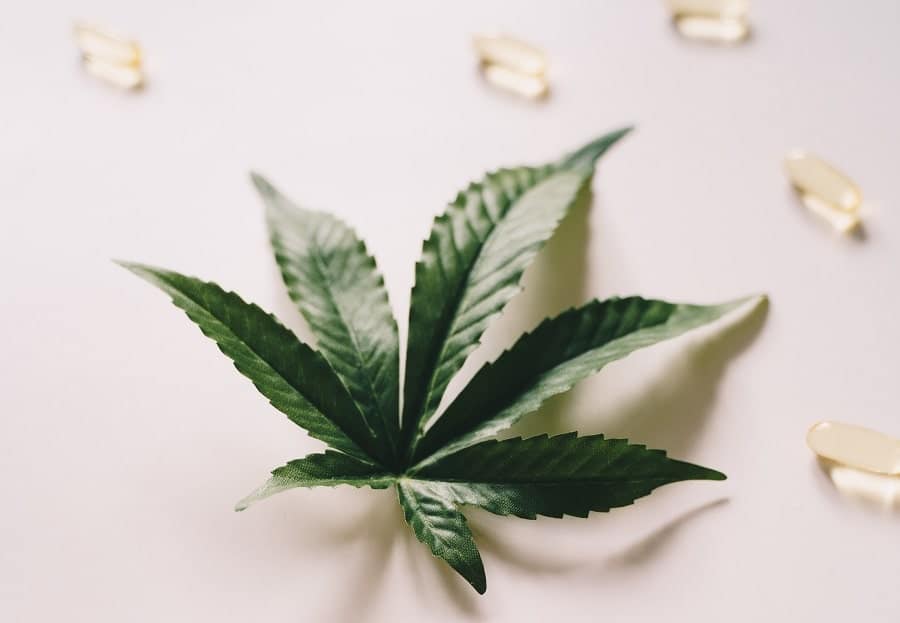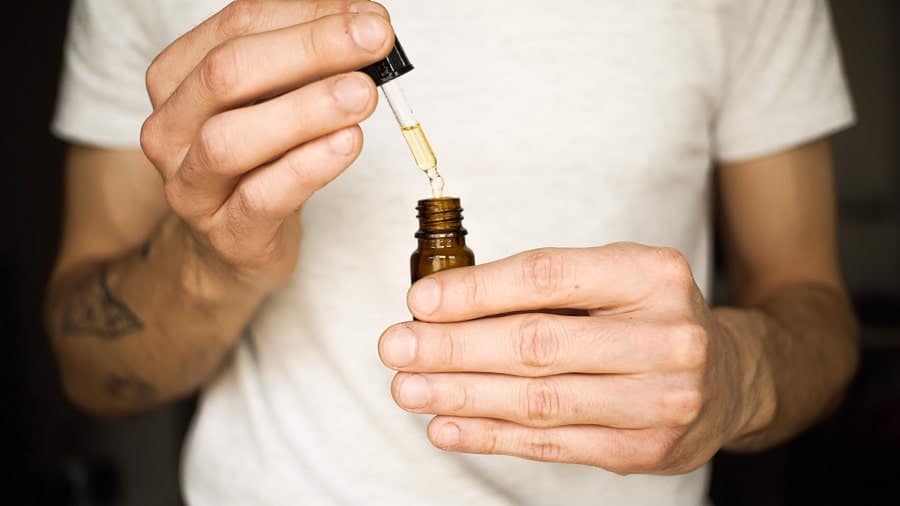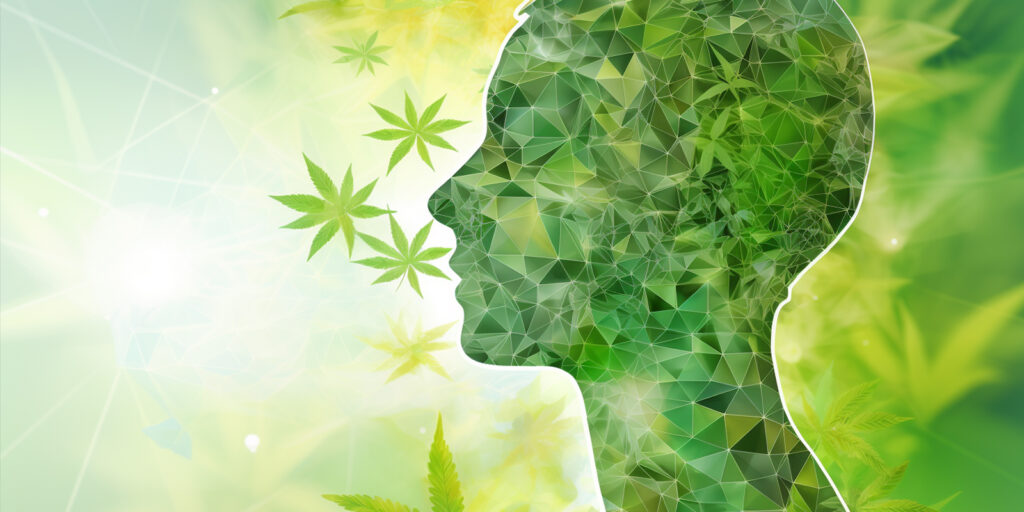When we begin to be interested in the interest of cannabidiol (CBD) within the framework of thyroid problems, we find a bit of everything and its opposite. For some, CBD is a great ally and could even be used as a treatment (note: it is not a recognized treatment in France).
For others, it should be avoided due to the risk ofdrug interactions that it implies, particularly with the Levothyrox. This article helps you sort out fact from fiction and understand the precautions to take with CBD in case of thyroid problem.
Sommaire
ToggleWhat exactly does Levothyrox do?

Levothyrox is a medication commonly used in cases ofhypothyroidism, that is to say when the thyroid is no longer capable of naturally secreting enough hormones. More precisely, the thyroid no longer properly supplies the body with thyroxine, also called T4 hormone, for tetra-iodothyronine. It acts, like other thyroid hormones, on a large number of organs, thereby allowingincrease metabolism and oxygen consumption.
When thyroid activity is not sufficient, it may be necessary to supplement the body with synthetic thyroxine (Levothyroxine) or, to use the trade name of the molecule, Levothyrox.
However, this medication should not be prescribed lightly. Already because hypothyroidism is a problem that generally requires a lifelong treatment. Then because Levothyrox is accompanied by both contraindications (in cases of hyperthyroidism, renal failure or inflammation of the myocardium in particular) and risks of drug interactions.
Drug interactions between Levothyrox and other substances

We speak of a drug interaction when one substance, combined with another, in modifies the effects and/or toxicity. More simply, one drug can oppose the action of another or, on the contrary, intensify its effects (including undesirable ones). In the case of Levothyrox, it is therefore not recommended to take it with medications containing iron or calcium salts, from the colestyramine, of kayexalate, of sucralfate and digestive dressings. In any case, these seemingly very different substances can reduce the absorption of Levothyrox and therefore prevent it from acting properly.
However, this does not mean that it is impossible to combine the two, but simply that it is necessary space out the shots. It is therefore recommended towait at least two hours between taking Levothyrox and consuming a digestive dressing, for example.
Other substances should be taken into consideration and indicated to the treating physician, such as antidiabetics, THE anticoagulants and the antiepileptics, or even some food supplements when they contain soy.
One thing is certain: taking Levothyrox with other substances can be problematic. This is true for certain medications, but also for seemingly innocuous products, such as food supplements. What about CBD?
CBD + Levothyrox = danger?
As with Levothyrox, some CBD drug interactions are well known. This is particularly the case for certain antidepressants, oral contraceptives, analgesics, anticoagulants and… medicines for thyroid problems. And especially levothyroxine.
The scientific community still has little understanding of why and how exactly Levothyrox works in the presence of CBD. What we do know, however, is that the endocannabinoid system (which makes us react to cannabinoids) is spread throughout the body. A study dating back to 1998 already mentioned the presence of CB1 sensors in the thyroid gland.
The main risk of taking CBD when you are already on Levothyrox is to influence the effects of the treatment, either by preventing the regulation of hypothyroidismor by worsening the side effects of Levothyrox. In this case, the side effects may be similar to those observed in the event of an overdose. These are primarily tachycardia, tremors, sleep problems, sweating with or without fever and diarrhea. There are also some side effects of CBD (stomach ache, dry mouth, drowsiness), however rather rare and generally linked to high doses.
The risk ofdrug interaction between CBD and Levothyrox is therefore very real. Why then find so much information on the potential benefits of CBD on thyroid problems?
CBD oil for thyroid problems?

The main reason whyCBD oil is considered for thyroid disorders is that it can relieve several of its symptoms, includingpain, inflammation, anxietysometimes linked as well as thestress that health problems cause, as well as sleep problems . These properties of CBDare well known and all the more interesting because they have very few side effects and cannabidiol is not an addictive molecule. Additionally, thyroid issues go beyond hypothyroidism, for which Levothyrox may be prescribed. There are other conditions for which CBD has not been shown to have any drug interactions. Finally, it could be considered to combine CBD and Levothyrox in certain very specific cases, in particular by spacing out the doses and ensuring that the dosage of both is sufficiently controlled.
The most important thing is therefore not to give in to the urge to resort to self-medication.
In the event of a thyroid problem, any consumption of CBD (or other natural remedies) must systematically be preceded by a
visit to your doctor
. Only a health specialist can decide whether or not taking CBD is possible and in what quantity. Where to get quality CBD oil?The Weedy.fr store offers a wide choice of CBD derivatives, all checked regularly and 100% legal. CBD oil is undoubtedly the most popular product
practical and easy to use
, with marked effectsthanks to varied concentrations adapted to different needs.



